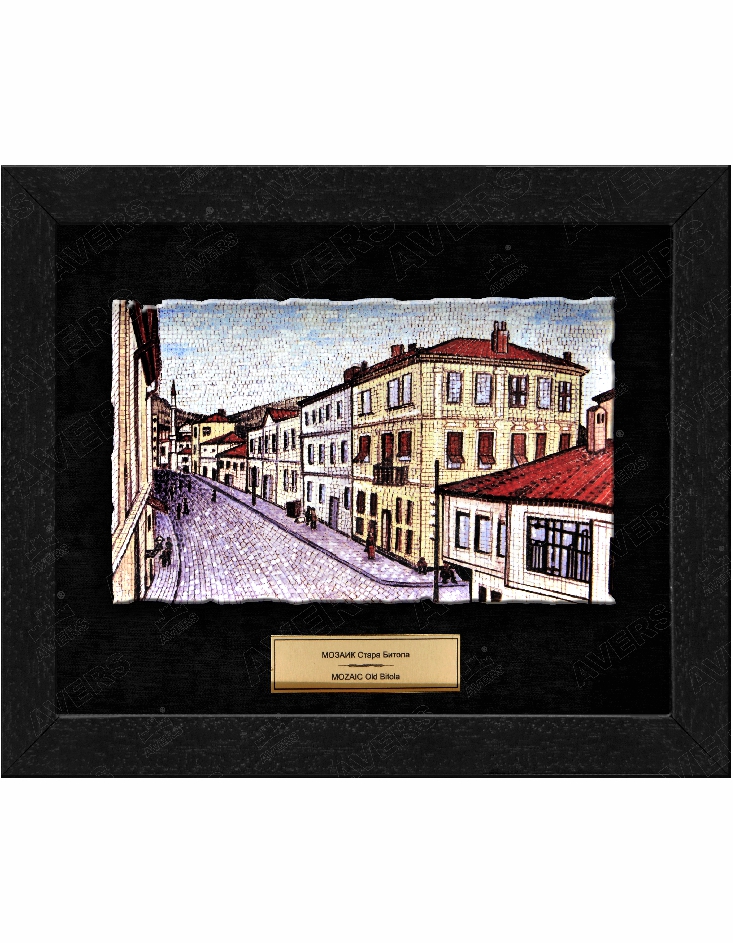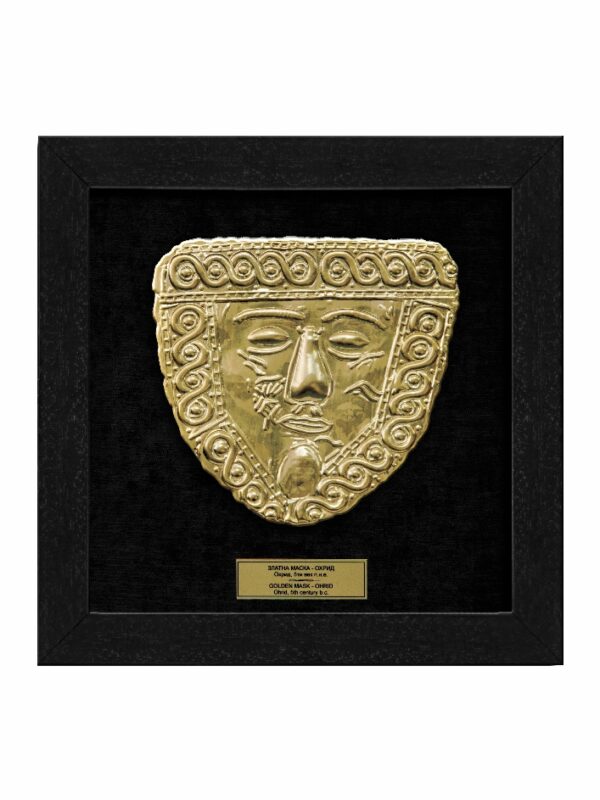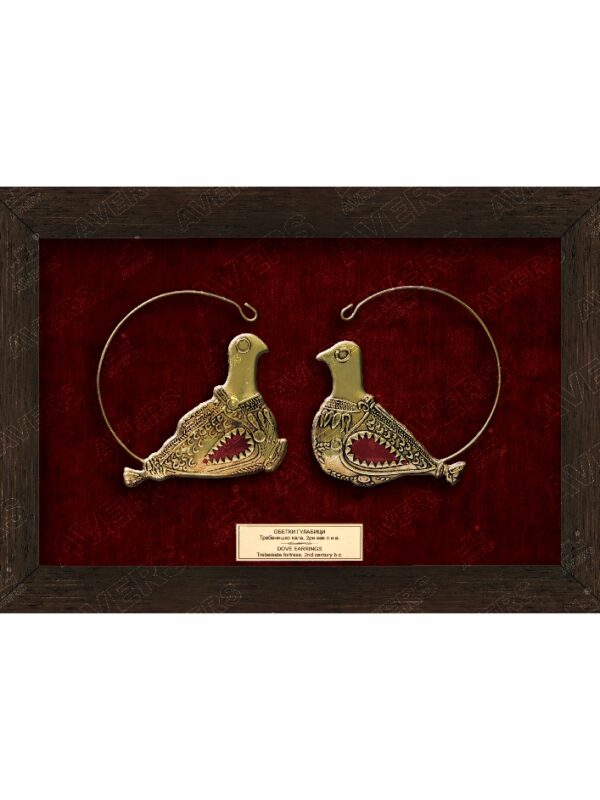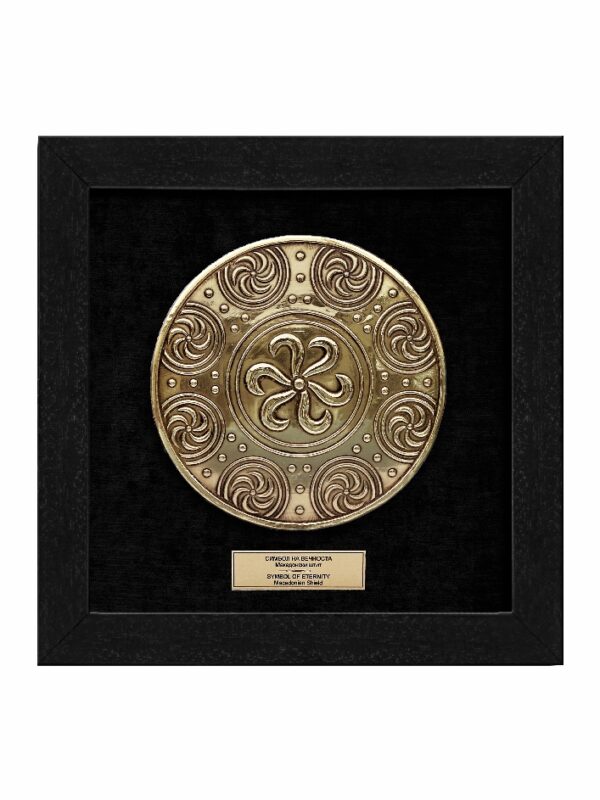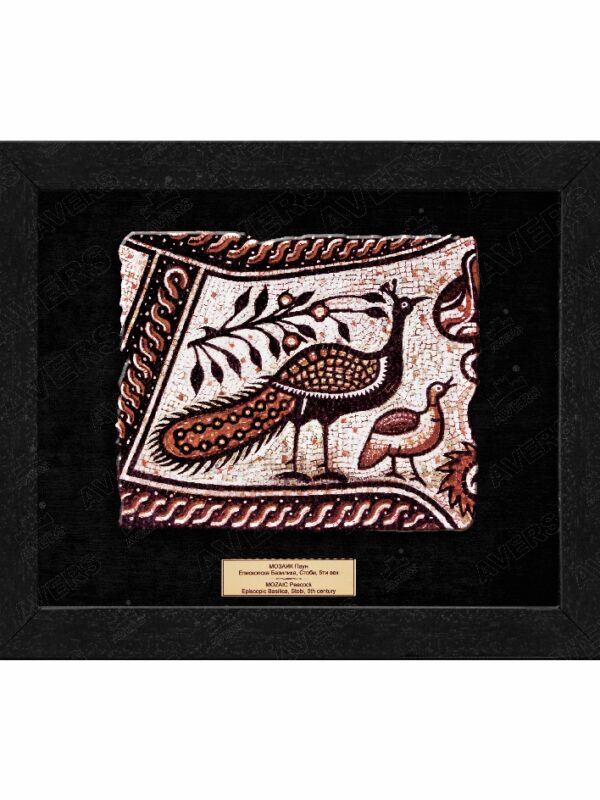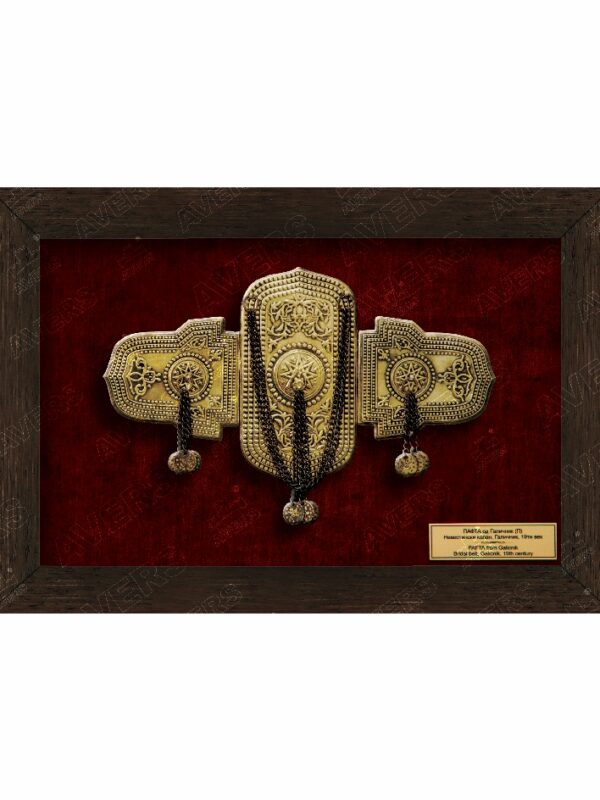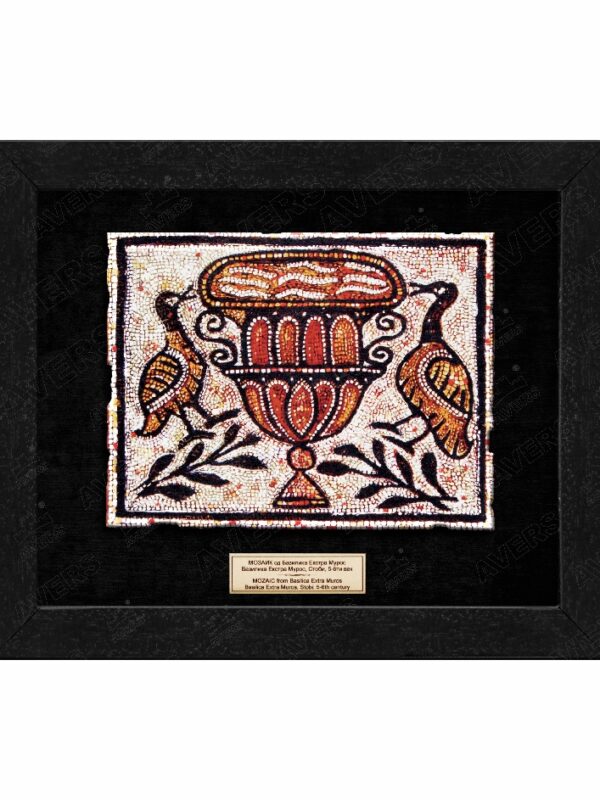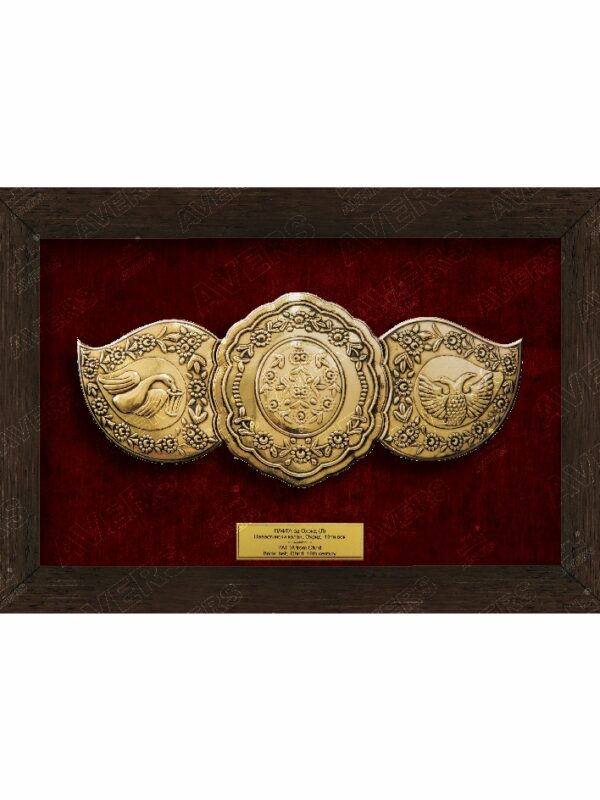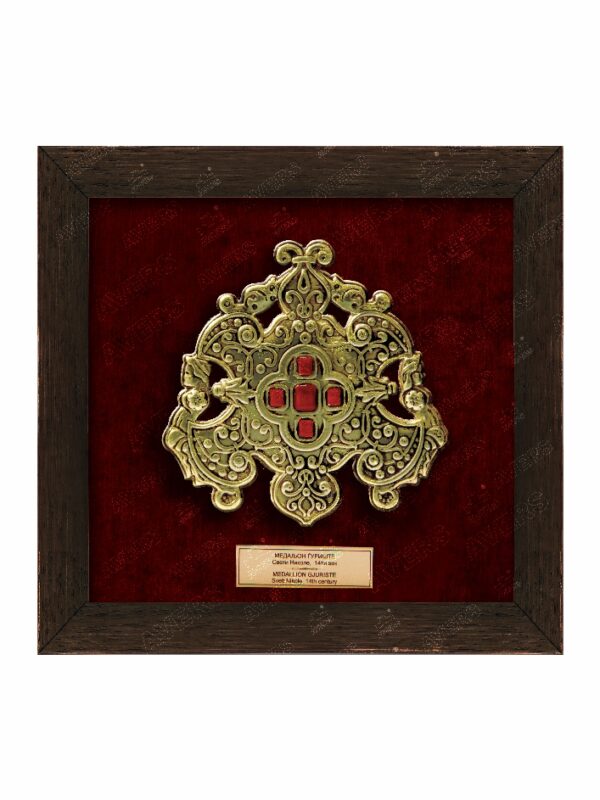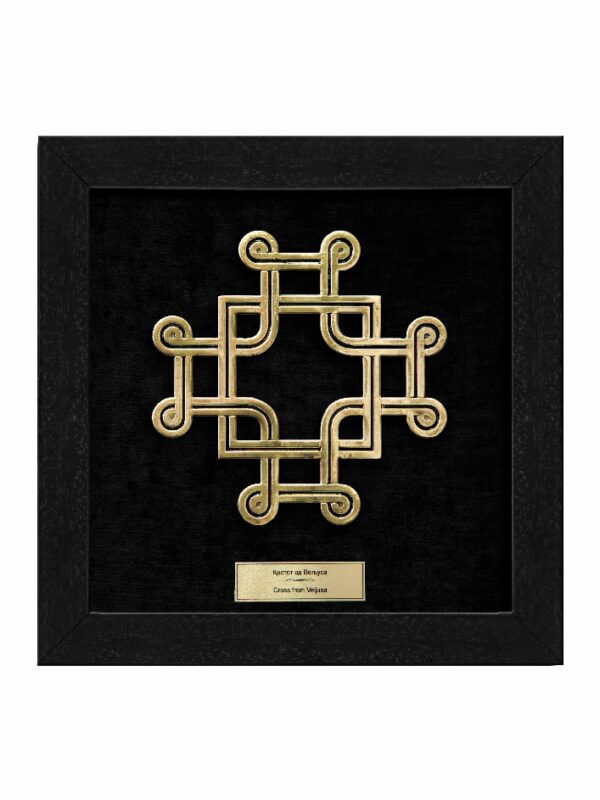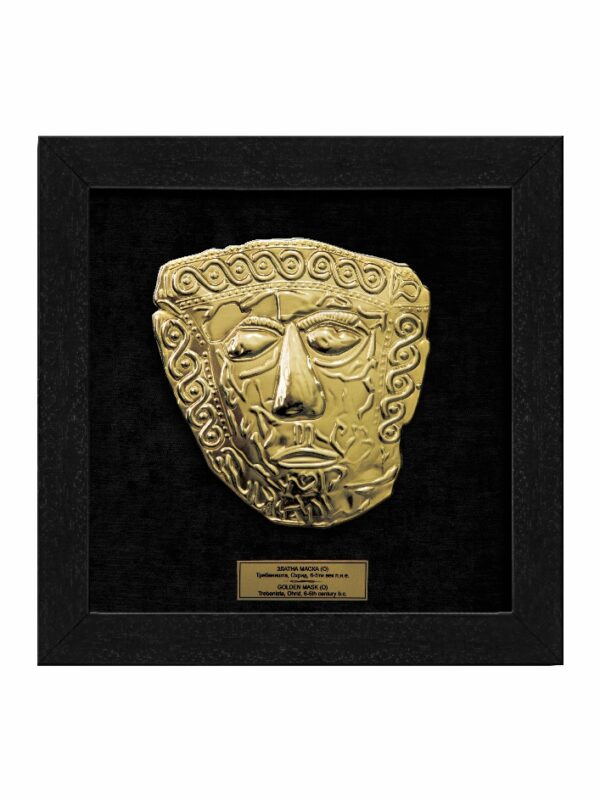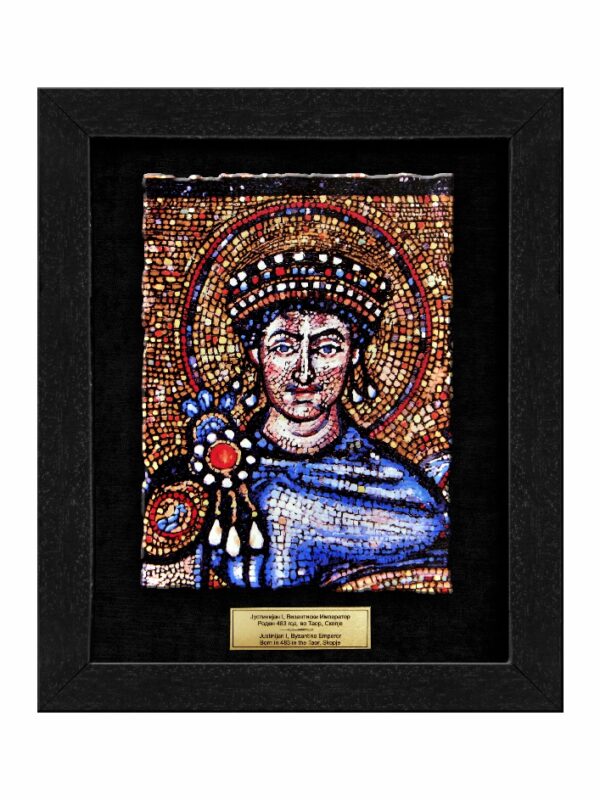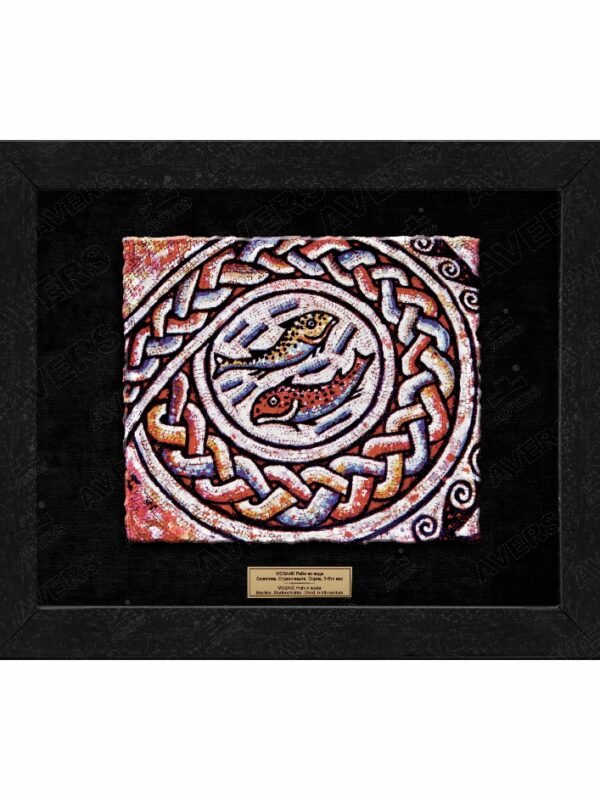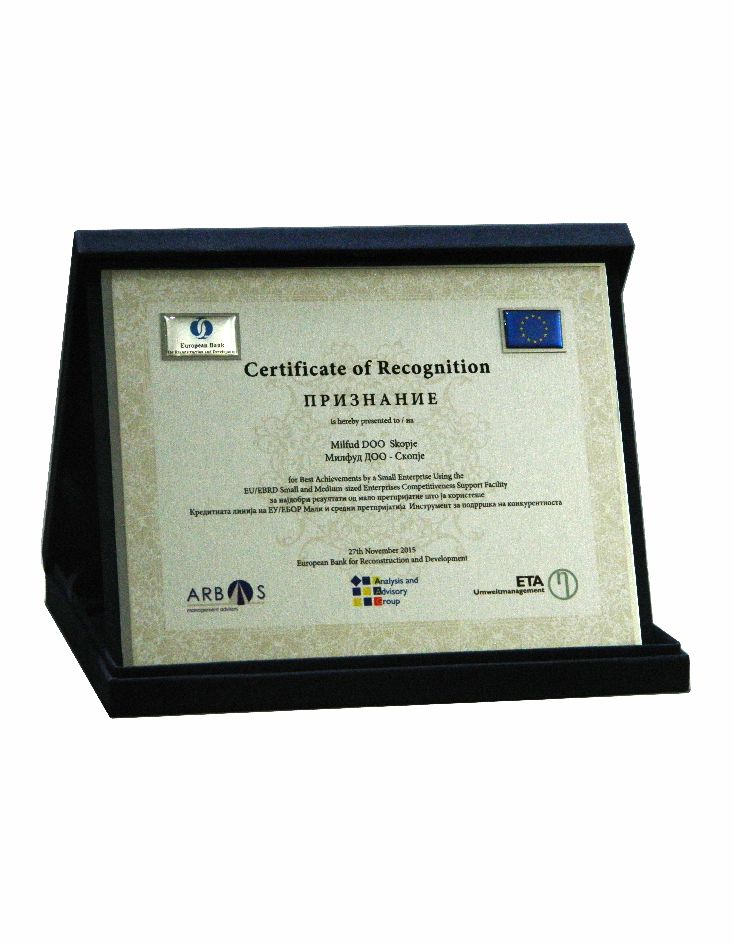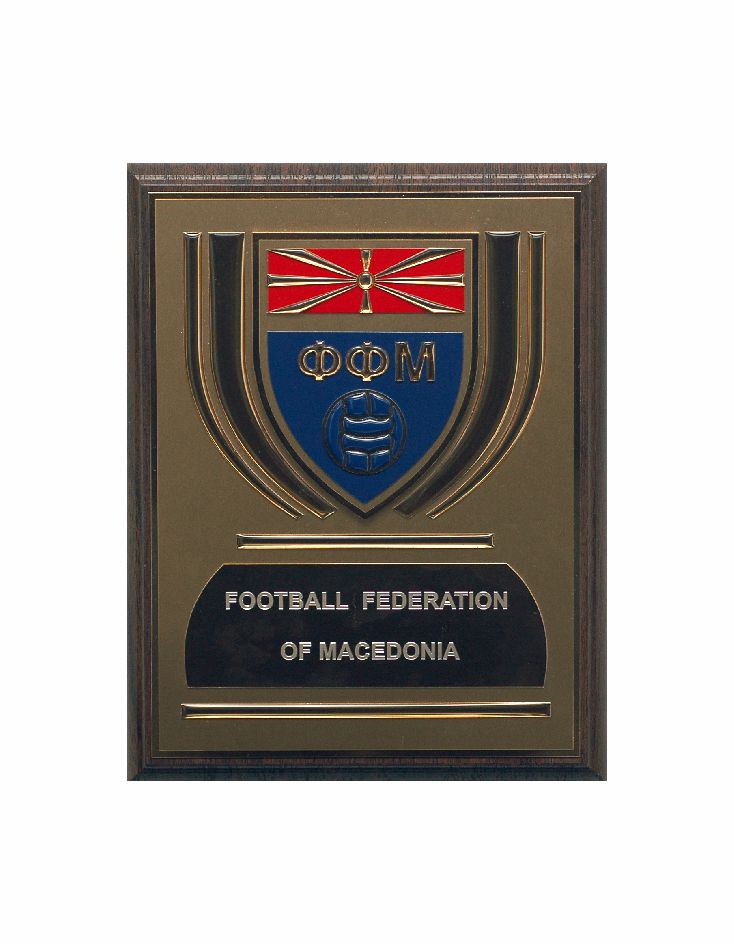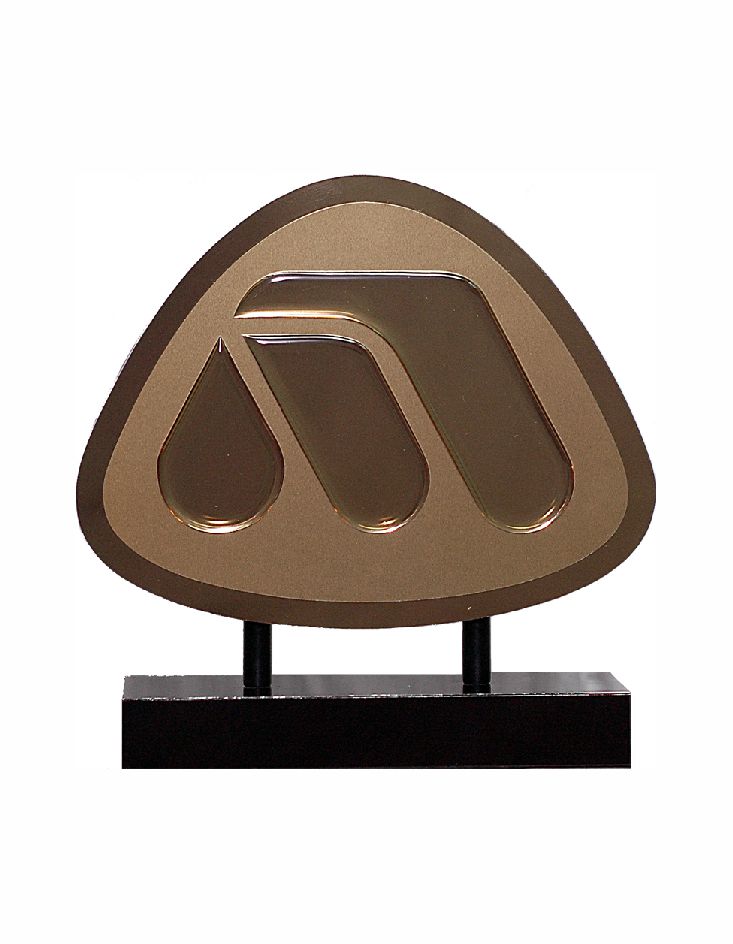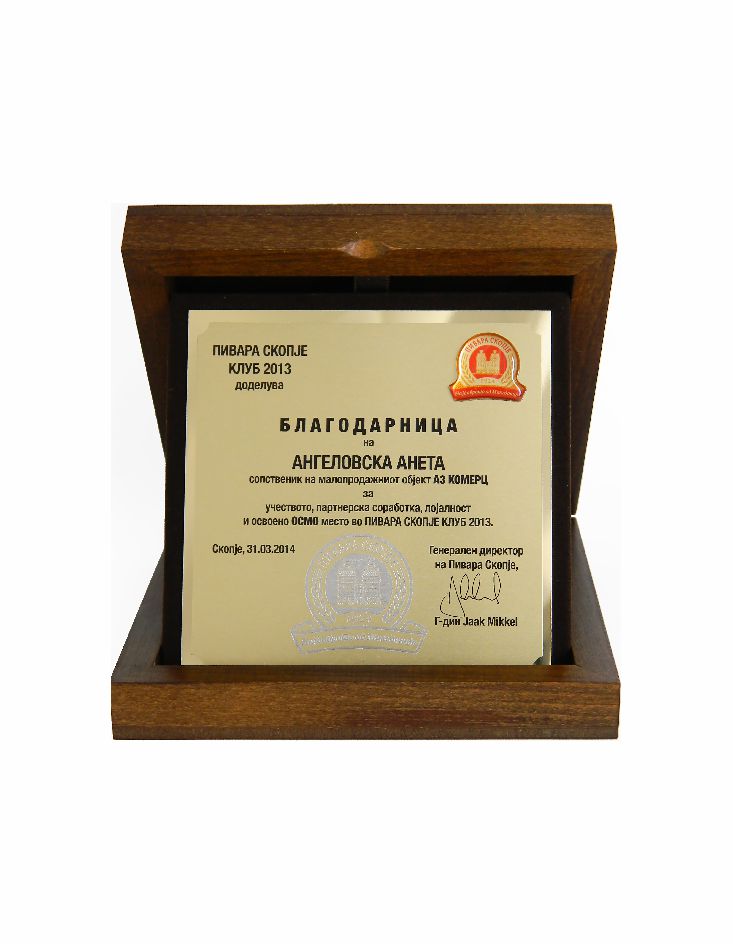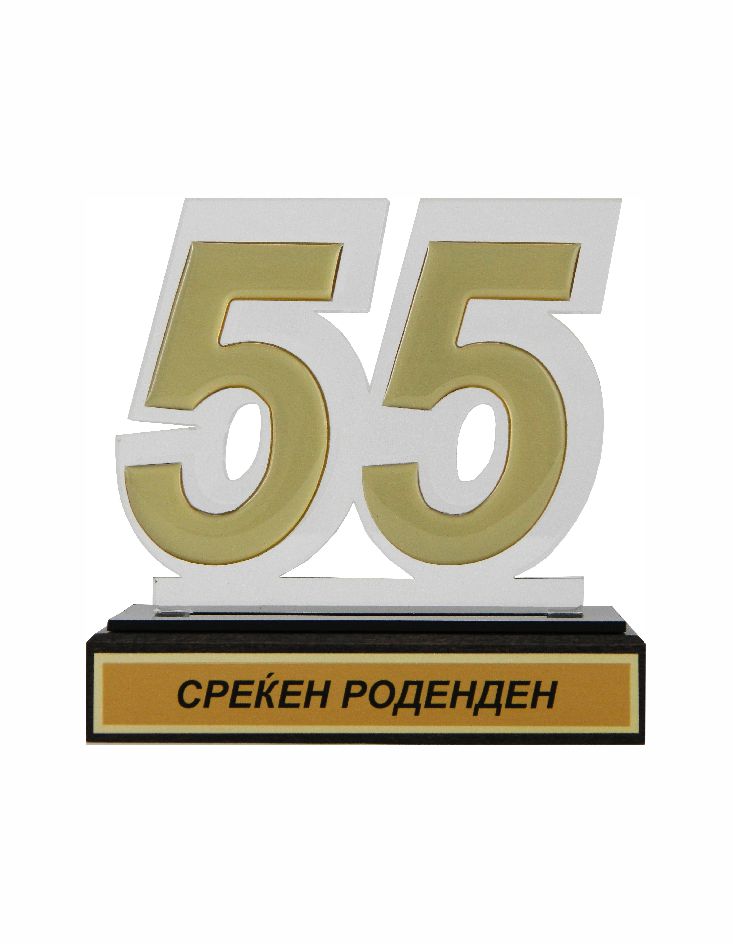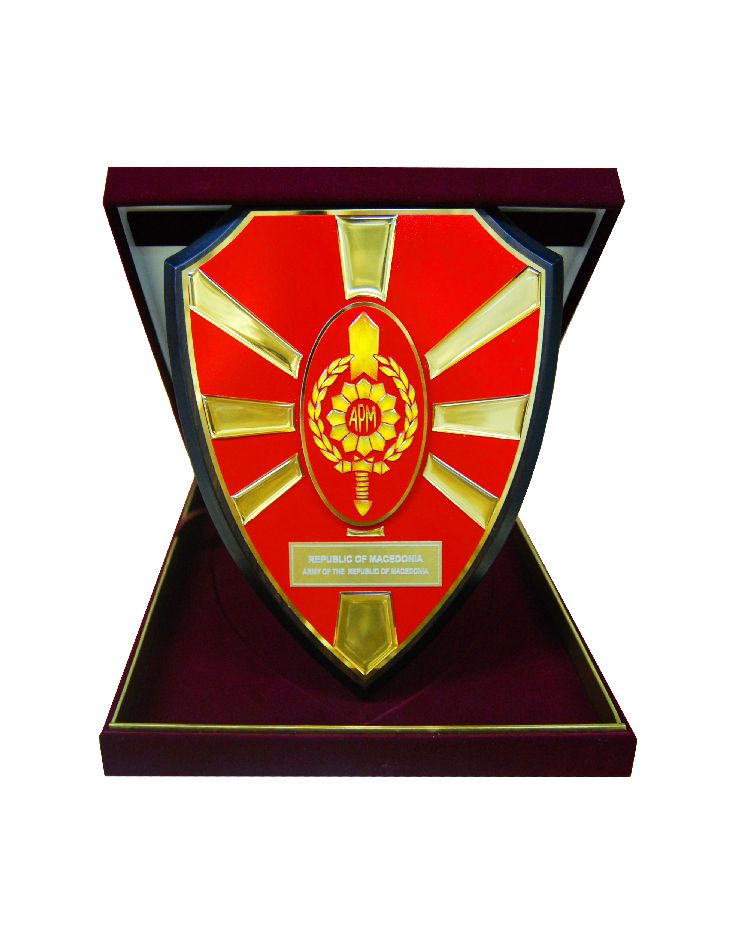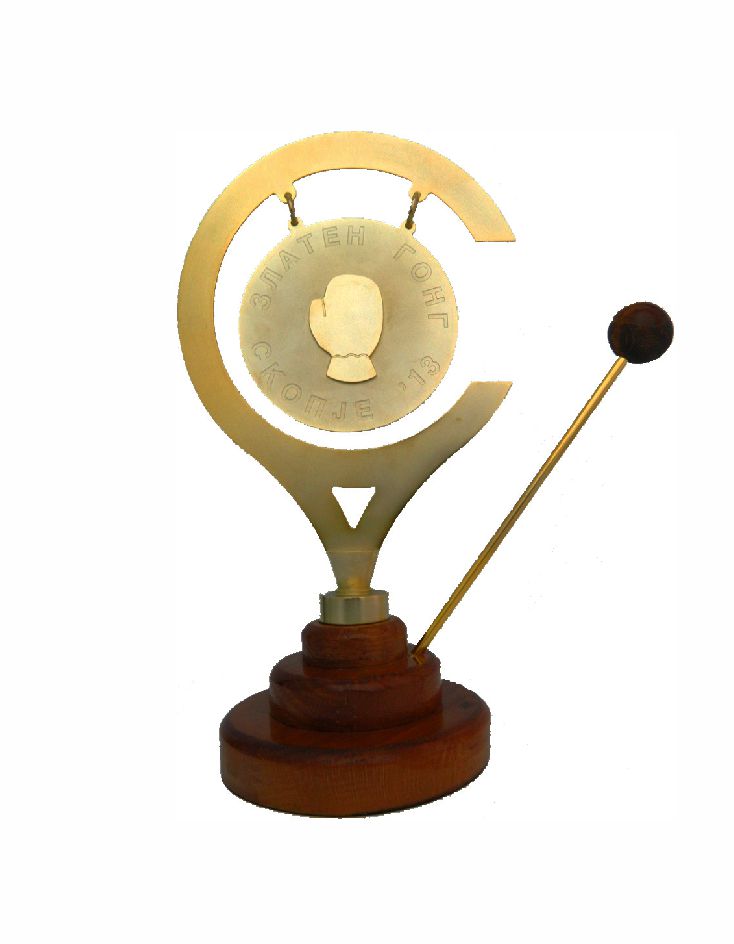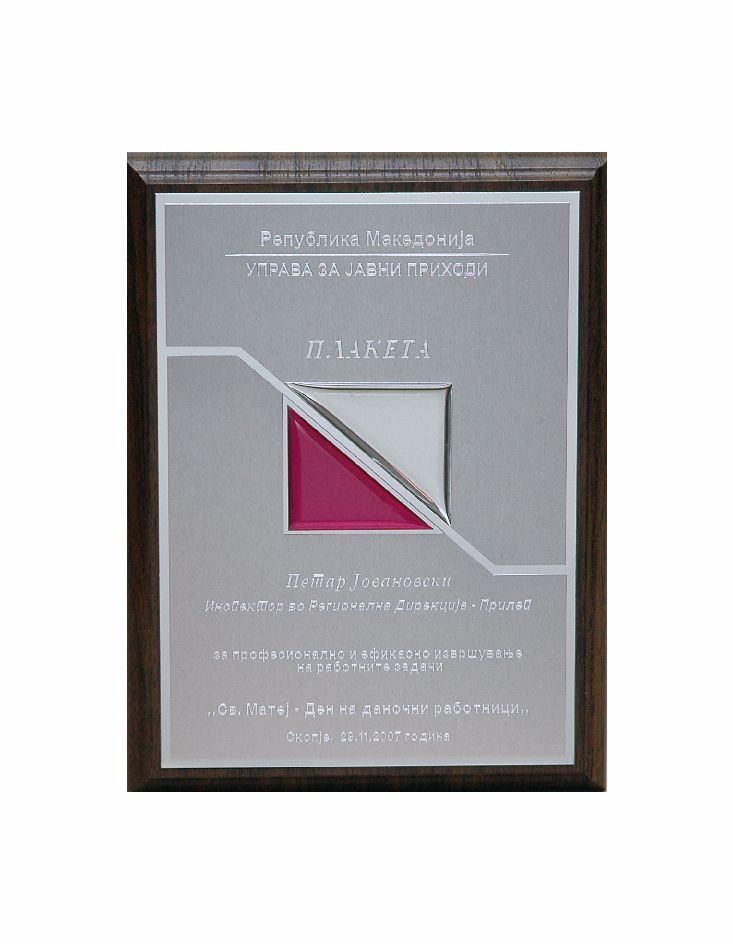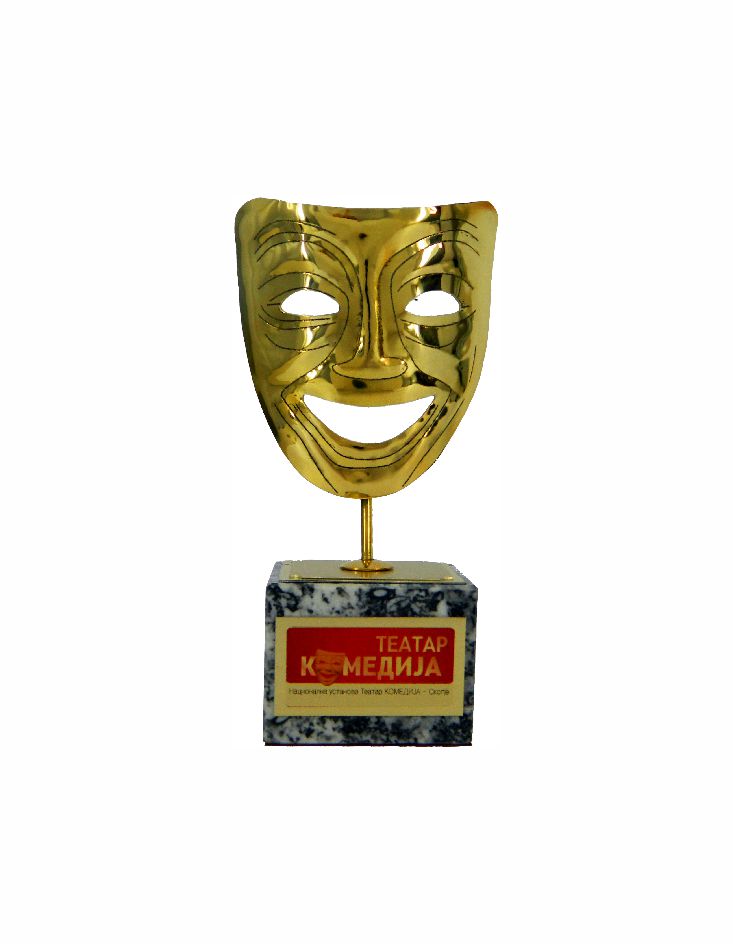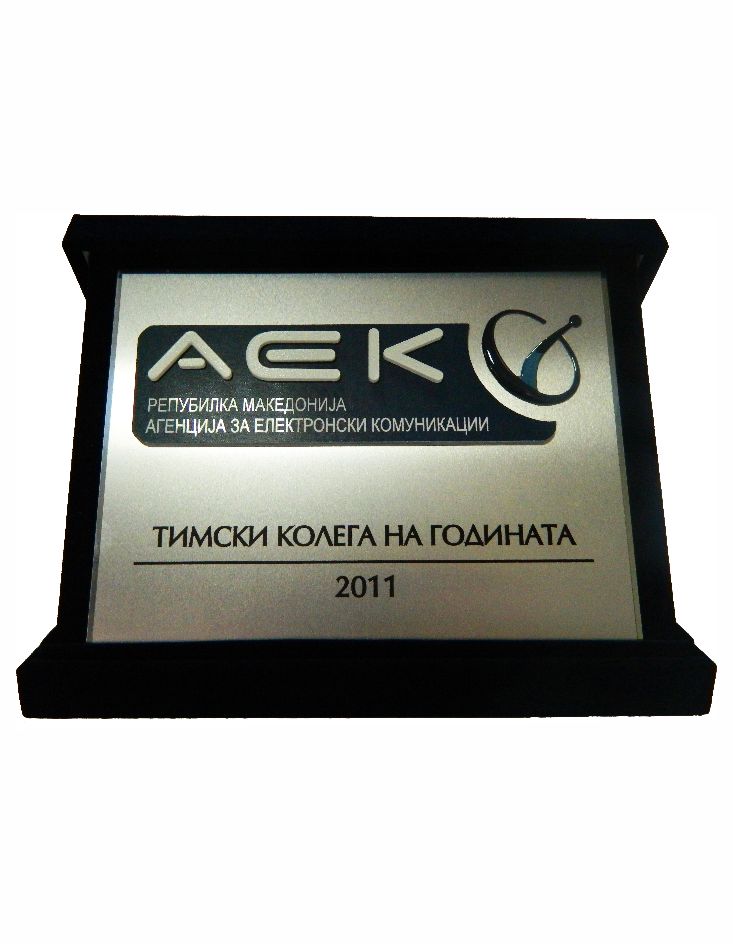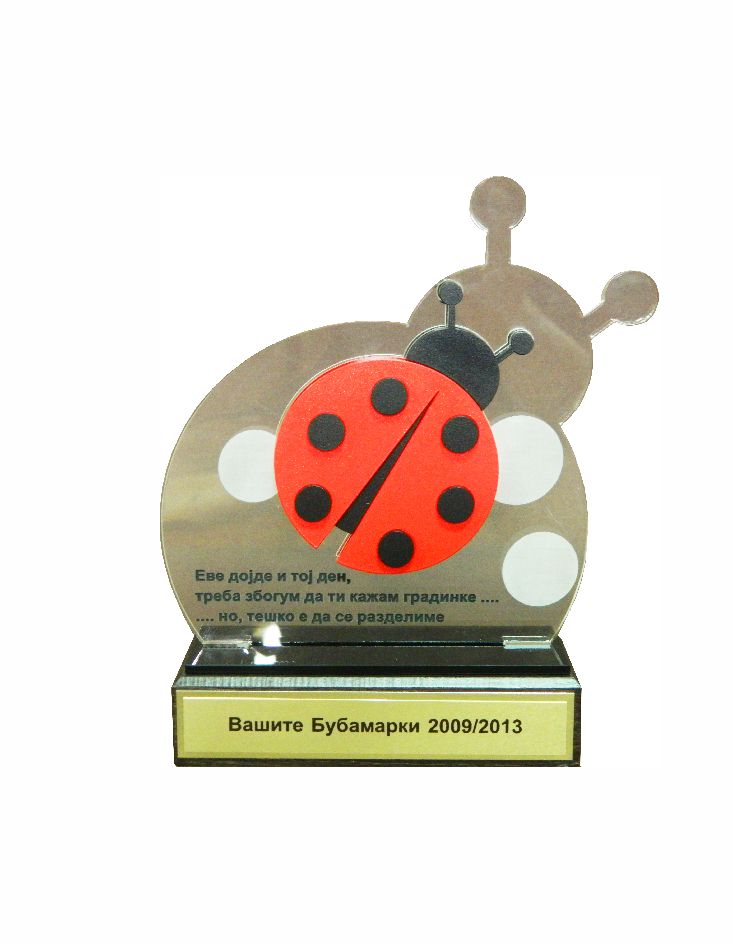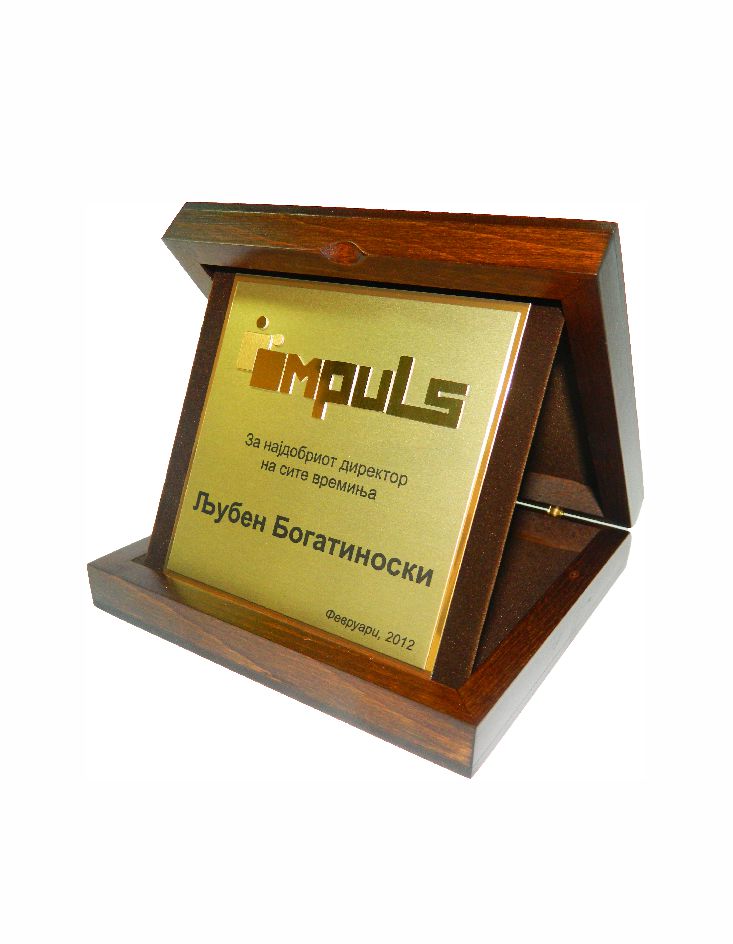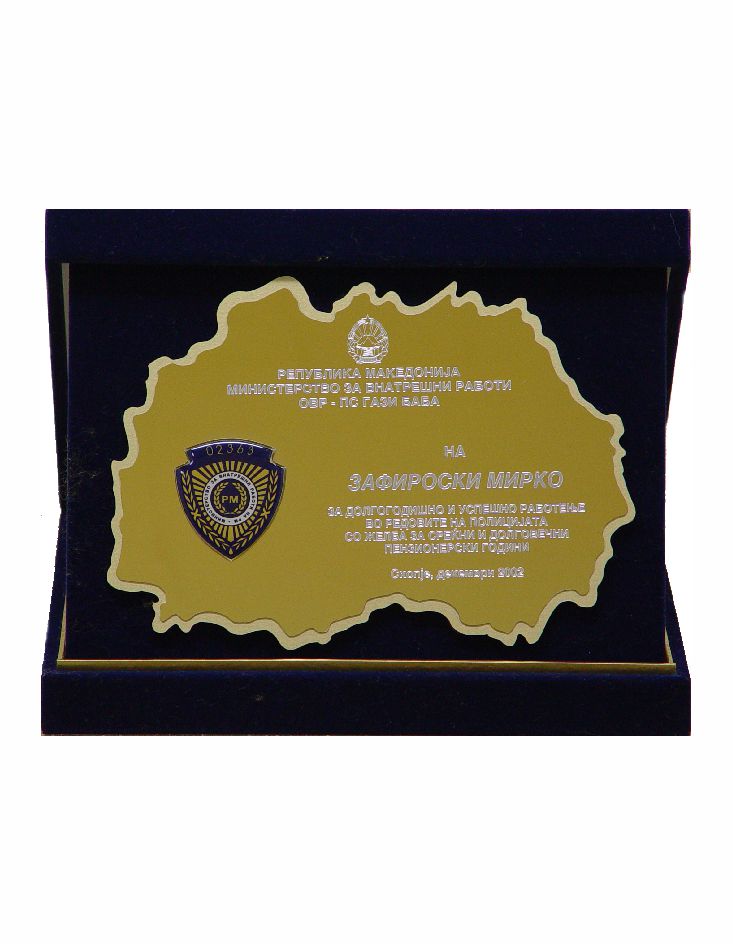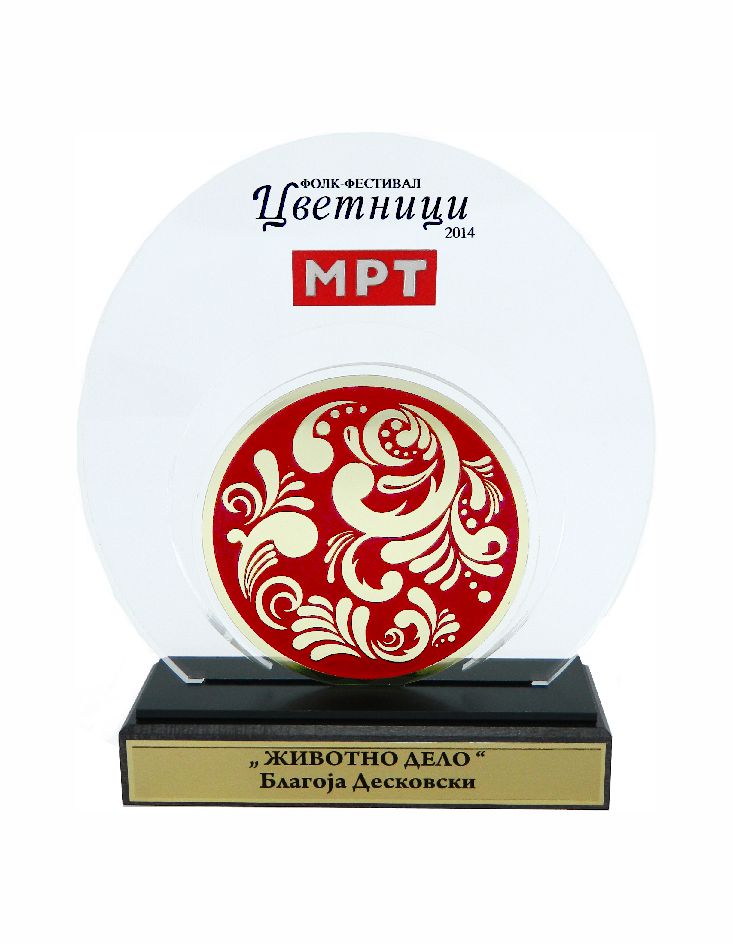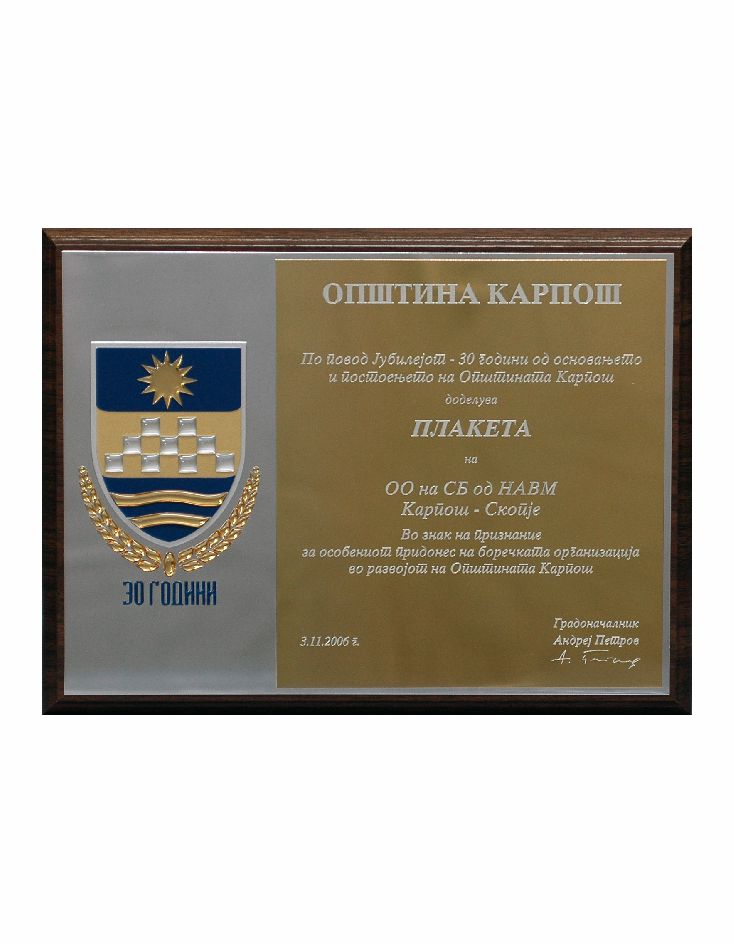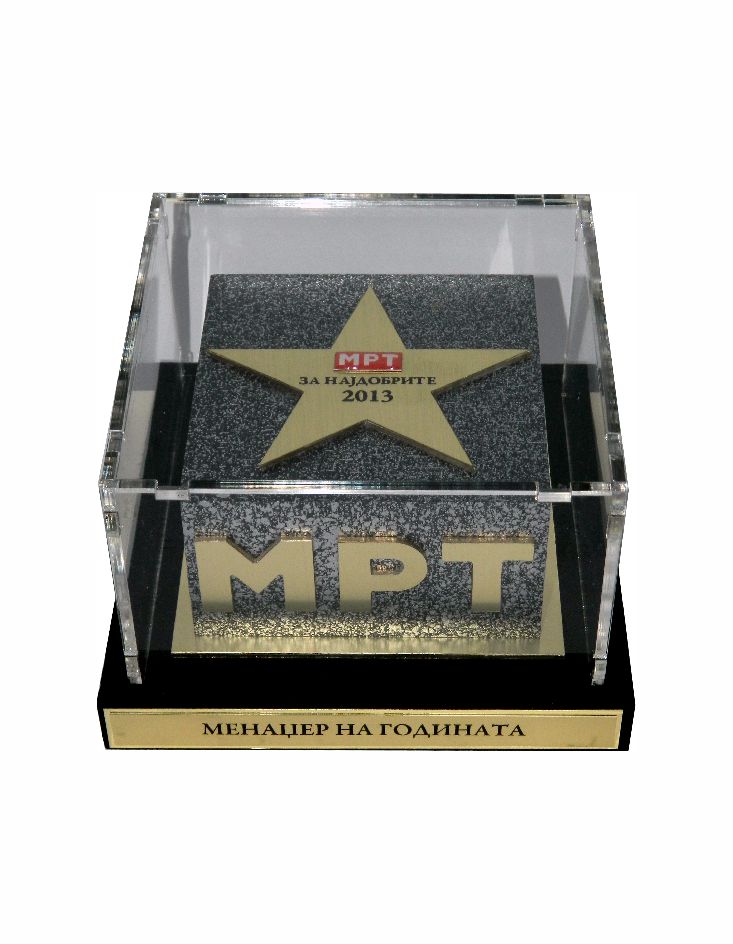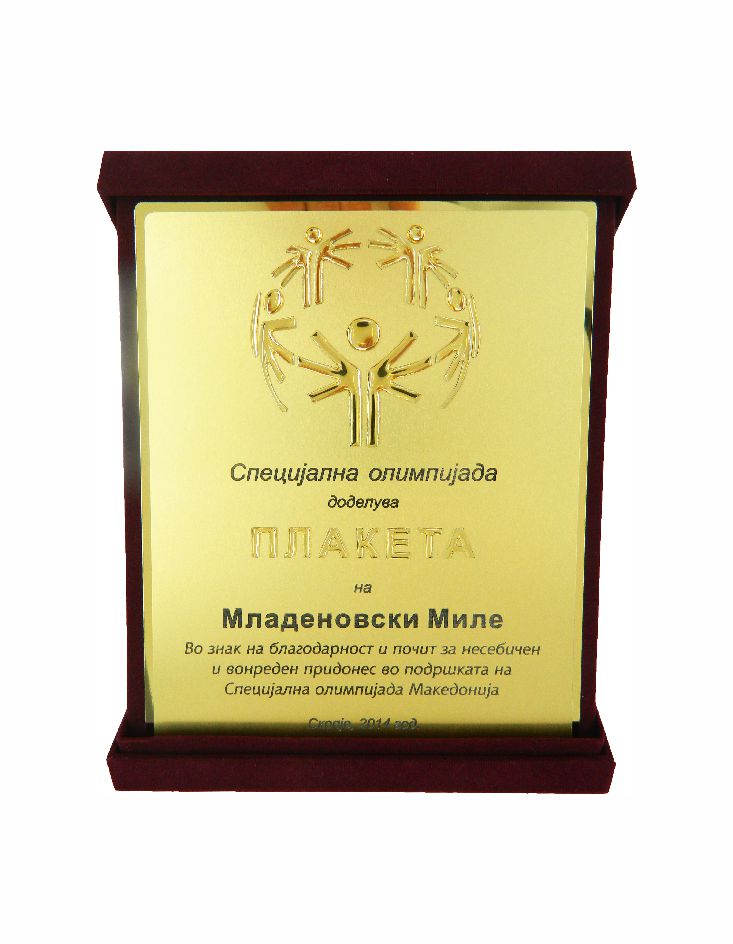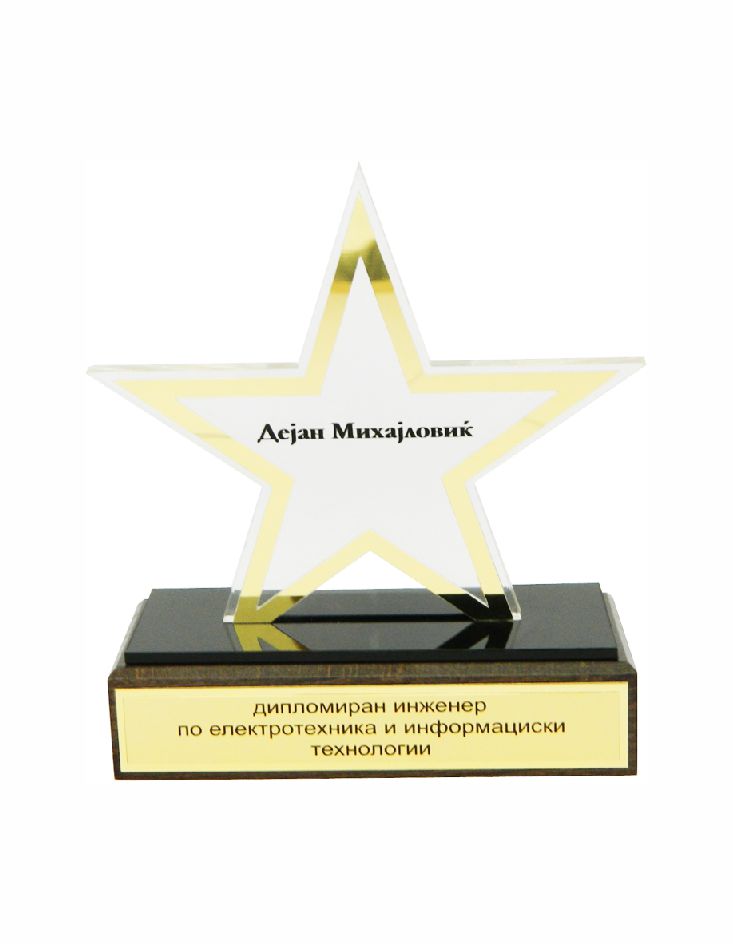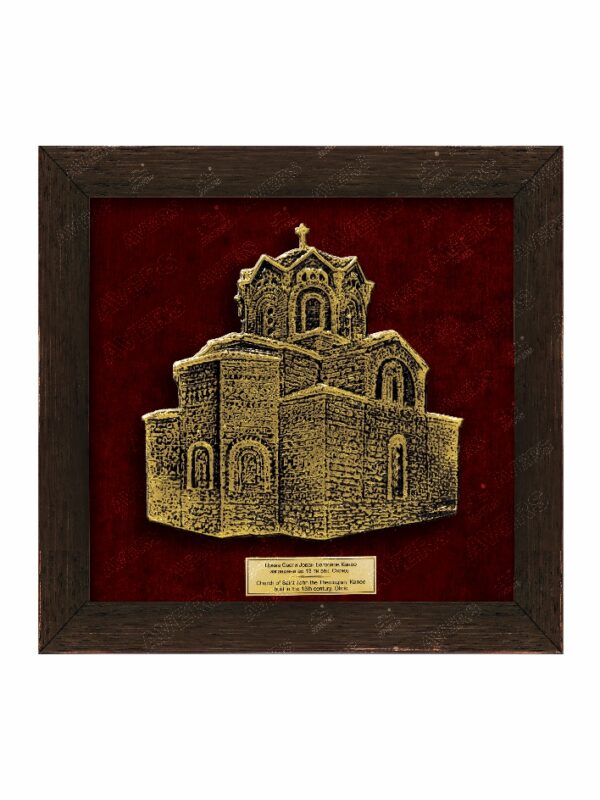
Motif from old Bitola, Macedonia
3.550 den – 4.160 den
Description of Motive
Mosaic with a motif from old Bitola, Macedonia.
Bitola is a city with a rich history that dates back to the Bronze Age. In the place of today’s Bitola, in the 4th century BC. the Macedonian king Philip II of Macedonia founds the city of Heraclea Lyncestis. The Roman road Via Egnatia passed through Heraclea and over the centuries it developed into a strong economic and political center.
In 1395, Bitola was captured by Ottoman armies and the city became part of the Ottoman Empire. During the Ottoman rule, the city became an important administrative center.
At the end of the 15th century, Bitola was inhabited by Jews who escaped from Spain during the ecclesiastical inquisition of Queen Isabella of Castile. As top craftsmen and merchants, especially with their good trade connections, they additionally supported the development of the city.
The most significant period of the historical and economic development of Bitola is the 19th century, when the seat of the Rumeli Vilayet was moved to Bitola, and Bitola was ranked as the first city in the European part of Turkey. The city was an important economic, administrative and cultural center. There were many schools in Bitola, among others a military academy, which was attended by the famous Turkish reformer Kemal Atatürk. At that time, the Manaki brothers took the first photographs and films in the Balkans in Bitola.
At the height of its glory, Bitola had twenty consulates, since that period the city has been known under the name City of Consuls.
During the Second World War, the city was occupied by Germany and Bulgaria. On March 11, 1943, the entire Jewish population of Bitola (3,011 Jews) was deported to the Treblinka camp by the Bulgarian fascists. Many residents of Bitola actively participated in the fight against fascism until the liberation of the city on November 4, 1944.
About the Product
A suitable gift for a wedding, birthday, anniversary, celebration, name day, moving into a new home…
A motif from the Macedonian cultural heritage, made of metal, in the technique of applied mosaic. On a specially made metal plate, the motif is described in Macedonian and English. The motif and metal plate are mounted on a velvet base placed in a glazed wooden frame. The product is packed in a suitable packaging box.
| Rectangular frame |
Size-4 / 25х32cm. ,Size-5 / 30х37cm. |
|---|
